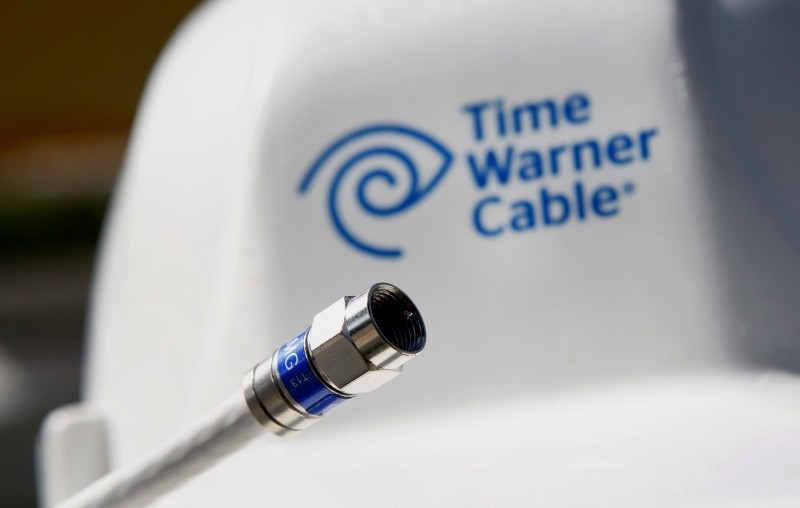
Update: As expected, Charter has now made the official announcement.
Charter Communications is putting the finishing touches on an acquisition of Time Warner Cable in a cash and stock deal valued at around $55 billion. The deal could be announced as early as Tuesday.
A person familiar with the matter told The Wall Street Journal that the deal would value Time Warner shares at $195 each, a 14 percent premium over Time Warner’s closing price of $171.18 on Friday. Existing shareholders would get to choose from $100 a share in cash with the remainder paid in Charter stock or $115 in cash and the rest in stock.
Charter will also merge with Bright House Networks when the deal is announced. All said and done, Charter would be the second largest cable operator in the US with 23 million total customers. Comcast currently has around 27 million subscribers.
It was just one month ago that Comcast called off its planned acquisition of Time Warner. That $45 billion deal was met with strong antitrust concerns from regulators as the combined company would have controlled 57 percent of the broadband Internet market and close to 30 percent of the pay-TV industry.
Some believe the Charter / Time Warner deal could face similar regulatory hurdles but others aren’t convinced. Because the merger would result in a company that would control just a quarter of the broadband market, it’s likely to get the green light from regulators according to New Street Research analyst Jonathan Chaplin.
Charter attempted to purchase Time Warner on multiple occasions in 2013 but was repeatedly rejected, resulting in tension between the two. Comcast’s bid gave both parties time to cool off and this time around, Charter is taking a more light-handed approach according to the source.
Image via Patrick T. Fallon, Bloomberg
https://www.techspot.com/news/60779-charter-announce-55-billion-acquisition-time-warner-cable.html